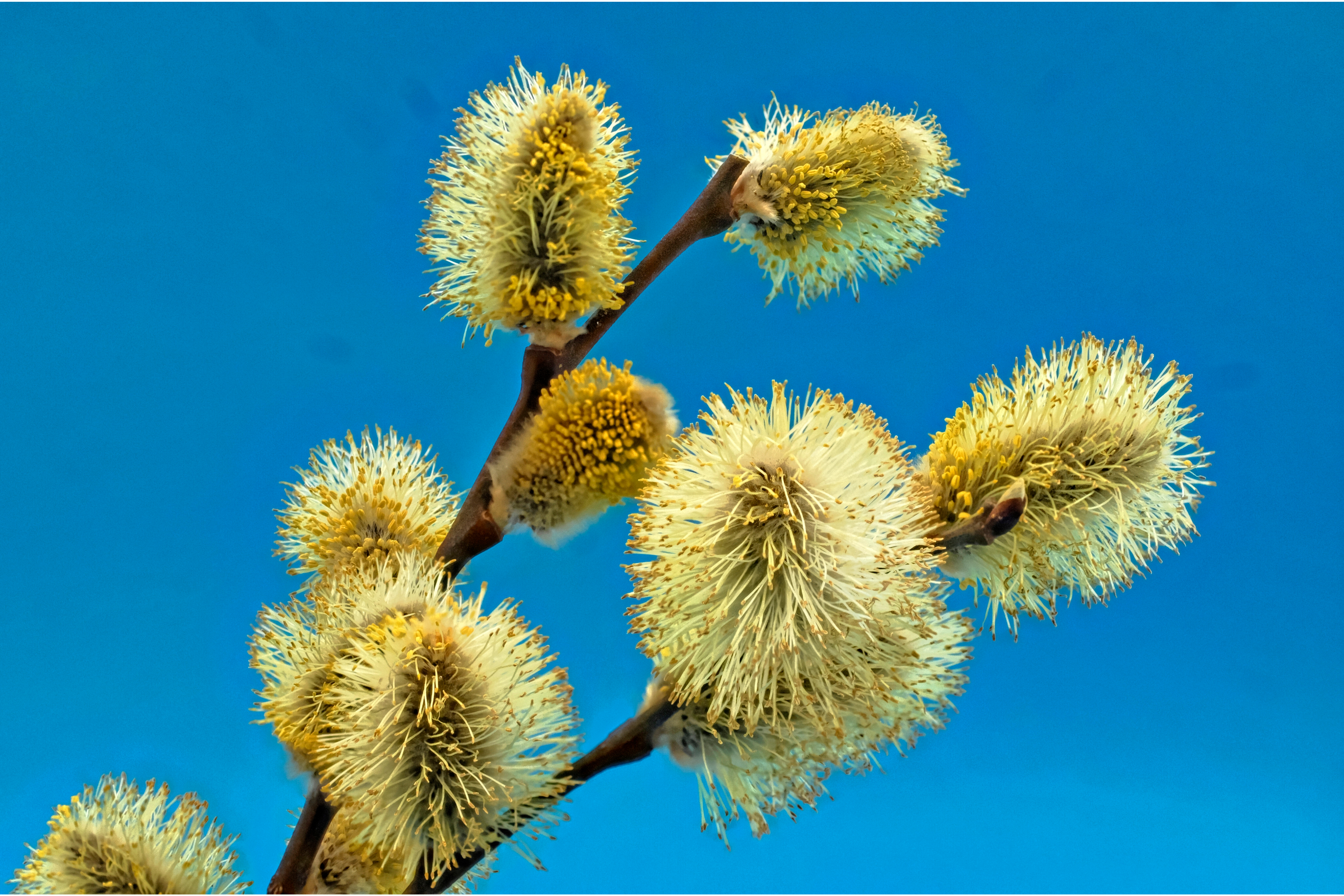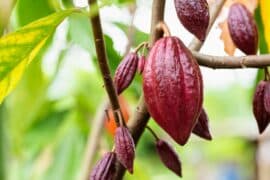Bluestem willow
(Salix irrorata)

Description
Salix irrorata, the dewystem willow, blue-stem willow, or sandbar willow, is a species of willow native to the US states of Wyoming, Colorado, Arizona, and New Mexico, and to northern Mexico. In spite of its bluestem willow common name, its stems are red, but a white coat develops that makes them appear bluish. A bushy shrub that prefers moist areas, in a garden setting it needs coppicing to both keep it from growing overlarge and to maintain the attractive bark coloration. It has gained the Royal Horticultural Society's Award of Garden Merit as an ornamental. The willow genus or willow genus (Salix) is a genus in the willow family, and grows as trees, shrubs, rice or herbaceous dwarf shrubs. The trees in the genus are usually called willow trees, while the more shrub-like species are usually called willow. Otherwise, arrows are usually called the species that have flowering and leaf splitting at the same time, while species that bloom on bare twigs are called willow. The genus has over 400 species. The grayish bark of the wood is smooth or rough and with a wood that often has ridges under the bark. Its winter buds have a bud scales and the leaves are strewn, simple and notched or finely sawn. The willow is a two-story building with flowers gathered in axillary pendants. Fertilizers of willow species have been found in tertiary strata in Europe, Asia and in Arctic regions, and these older species are often close to now living tropical willow species with many stamens. In older Quaternary deposits, modern northern varieties of willow are beginning to emerge. Traces of willow have been found in Italy and in Europe's pre- and postglacial peat layers of several today alpine and arctic species such as dwarf willow, net willow and polar willow.
Taxonomic tree:







